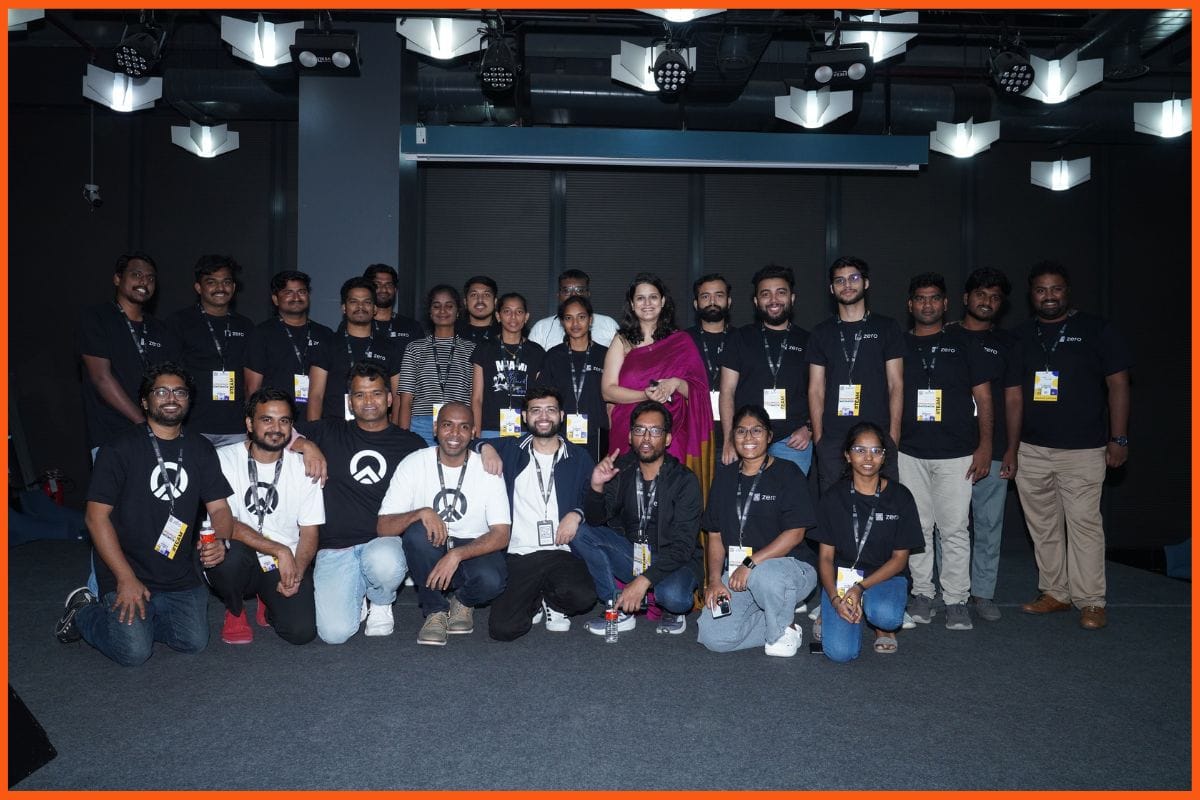The First 9 Things You Should Learn In SEO
Marketing 📢
Are you looking for a career that is full of creativity, innovations, and applies to every existing industry with a plethora of job roles?
If yes, that means you are looking for a job in the Digital Marketing industry, which is evolving at an extremely rapid rate and has a massive bundle of opportunities for aspiring Digital Marketing specialists. This is why professionals prefer to take a digital marketing course and start their careers in this domain.
If you are looking for a job in Search Engine Optimization, as a beginner, it is important to know the basic concepts in order to thrive in your role right from the beginning. This article will let you know about the top 9 things that you should know about SEO.
What is SEO?
Search Engine Optimization, or SEO, is a set of best practices that are specifically meant to enhance the positioning and appearance of web pages in organic search results.
Since it’s the search engine that is accessed for any type of search or accessing online content, organic search is rendered the most notable method for people to discover almost anything. So, it is crucial to plan a great SEO strategy that can improve the quantity as well as the quality of the traffic.
Let us now go through some of the most basic concepts of SEO.
SEO Basic Concepts
Though SEO can seem overwhelming in the beginning, knowing some basic concepts can be a great help to start building your own SEO strategy. SEO is incredibly crucial for almost every business as it is the factor that determines how good your website ranks and the ways your business can be found on the Internet.
It is almost impossible to rank high on Google without an SEO strategy.
Let us now start with the basic concepts of SEO.
1. Complete Keyword Research
Where there is SEO, there is Keyword Research!!
Whenever you discuss SEO strategies, keyword research comes to the top. It is one of the most important ways that can make your web pages found on search engines is with the help of keywords.
Keywords are particular words or phrases that are used to help get relevant web pages.
While you research keywords, you should find the ones that have low ranking difficulty and high search volume. Also, you would try to find short-tail keywords that comprise just one or two keywords or even long-tail keywords that can be phrased.
2. Notify Google about the pages not to crawl
When Google crawls a page, it means that it finds out links, keywords, and contents present on your webpage. Google identifies updated and new web pages and marks them on the basis of value, context, and relevance.
It is crucial for your pages to be identified and ranked while crawling; on the other hand, some pages do not require attention. Those pages may include landing pages for ad campaigns, thanking pages, compliance or policy pages, or search results for your own website.
3. Develop Long-Format Content
A published work of writing that is between 1,000 and 7,500 words long is referred to as long-form content.
These longer pieces of content have a better chance of appearing in search results for many keywords and covering a variety of pertinent subjects.
That could make your material more visible to search engines and increase the authority of your brand in the eyes of search algorithms.
Long-form content can take the form of:
- eBooks
- Case Studies
- Whitepapers
- Detailed blog posts
- Brochures
- Product guides
- Datasheets
4. Create Crystal Clear Content
Users usually like content that is comprehensive and easily understandable; that is, the content should be of crystal clear quality. Apart from attracting Google search algorithms, your main objective is to attract users to your content.
This way, it enables search algorithms to find value produced by your content as it resonates with important audience segments, thereby making your content more popular among huge volumes of traffic.
Also, while creating content, you should keep in mind that it is written in an easily understandable language where there are no spelling or grammar mistakes. Your content should be readily accessible even to non-tech users.
5. Describe the Contents of the Page accurately
The main goal of an SEO strategy is to make your web page rank higher on search engines. Along with an attractive page title, it is important to describe the contents of the page accurately and sequentially.
The meta title is another important thing in determining the contents of the page, which is an alternate title to be used at the back end.
Another crucial element that provides uniqueness and individuality to your web pages is the meta description.
6. Create Distinctive Page Titles
Since the first impression is the last impression, a page title has to be unique and impressive enough that it ranks higher on search engines as well as captivates the minds of users.
One thing to remember is that you should not give the same page titles to multiple pages. Start working on creating a page title that is accurate, informative, unique, and easily understandable.
7. Use Headings as well as Formatting
Creating headings in different sizes and style formatting the text makes your content appealing to your readers. Using bold, italics, and underline features, changing the writing styles for specific lines that shouldn't go unnoticed, and making headings bigger than the normal text are some of the intelligent traits that you should keep in mind while creating the content for your business.
8. Plan the site hierarchy and navigation on your homepage.
The hierarchy and navigation of your website play a huge role in how well your web pages rank online.
Each page needs its own title and, consequently, a unique URL, as was already mentioned. The page lists and navigation on your website are made possible thanks to these distinctive URLs.
Your URL structure aids search engine algorithms in determining which pages are subcategory pages, which pages are linked to other pages, and which pages are more significant in your structure.
9. Provide Your Readers with their favorite content
When you provide your readers with exactly what they want, they enjoy reading the content. It often happens that readers search for one thing and end up finding other irrelevant stuff and wasting their time.
Visitors to your website want to be able to quickly explore the site, get the information they need, and interact with the material.
Your website's rankings and authority with search engines like Google will increase if you concentrate on designing a website journey and customer experience that encourages users to return for more.
Conclusion
The points to remember while creating an SEO strategy are discussed in this article. To learn in detail about making SEO strategies, you can take up an online training course from Simplilearn, which helps you learn all the aspects of building great SEO strategies right from the beginning.
Enroll Yourself Now!!
Must have tools for startups - Recommended by StartupTalky
- Convert Visitors into Leads- SeizeLead
- Website Builder SquareSpace
- Run your business Smoothly Systeme.io
- Stock Images Shutterstock




